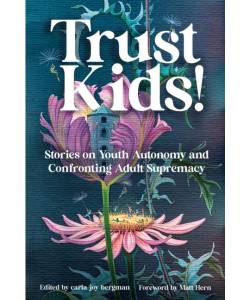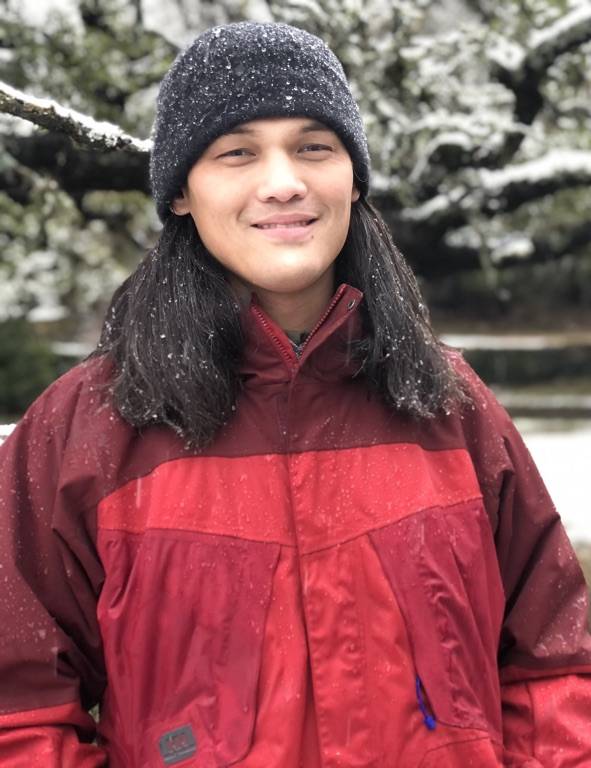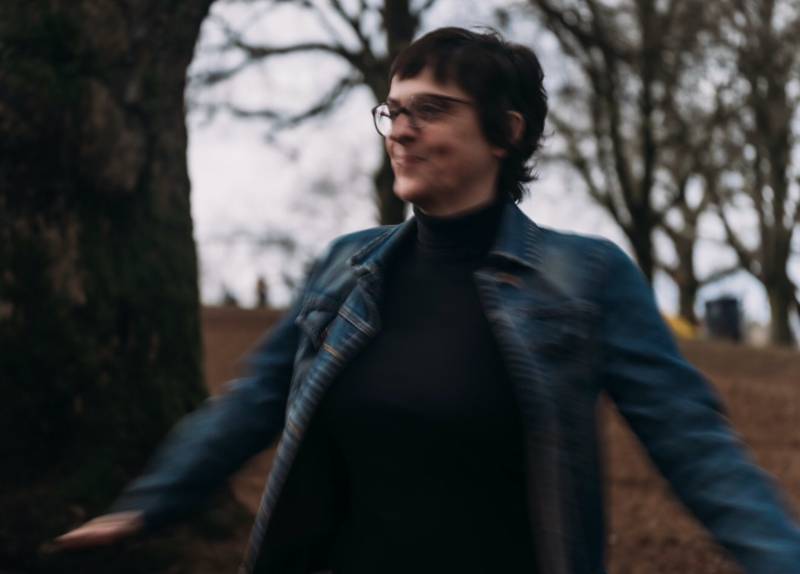Unfortunately, the cloud of competition leads to a denial of self, as their ways of being are scrutinized and used as inputs for placement within hierarchies. While families with sufficient material resources may find ways around it, children who are considered too far below or behind arbitrary behavioral or performance norms are often singled out and treated as defective. Children whose identities are not idealized by dominant society (i.e., those who are Black, Indigenous, trans, undocumented, autistic, etc.) risk amplified marginalization.
Because of the unforgiving nature of the pyramid structure of society, young people must expend significant energy masking their emotions to ward off scrutiny from adults in positions of power. This harms young people in the moment and in the future, as it forces them to ignore their most basic needs, denies them meaningful relationships, and hinders their natural development. Adults can change the context by accepting the child for who they are and their ways of being. Acceptance allows for the emergence of psychologically safe spaces where children are free from assessment, judgment, or ridicule. Instead of declaring what is important and then measuring it, adults can trust kids to take what they need.
 The closet door in many ways was a physical boundary that Gabriel used to protect his emotional boundaries, and for perhaps the first time in his life, Gabriel’s boundaries were honored. Like many young people who have been wounded both in school and in their personal lives, Gabriel did not need to be pushed into activities or behavior that made adults feel comfortable—he needed to be accepted for who he was in the moment, and to have his needs centered. After a month, Gabriel left the closet for good and fully embedded himself at the heart of the community.
The closet door in many ways was a physical boundary that Gabriel used to protect his emotional boundaries, and for perhaps the first time in his life, Gabriel’s boundaries were honored. Like many young people who have been wounded both in school and in their personal lives, Gabriel did not need to be pushed into activities or behavior that made adults feel comfortable—he needed to be accepted for who he was in the moment, and to have his needs centered. After a month, Gabriel left the closet for good and fully embedded himself at the heart of the community.
 Antonio Buehler (he/him) founded Abrome to support the liberation of children and fundamentally change the way people think about education. He wants learners to have full autonomy over their bodies, minds, and time so they can lead meaningful and purposeful lives, positively impact society, and improve the human condition. Abrome is aligned with Antonio’s desire to challenge, undermine, and create alternatives to oppressive systems so we can move toward a freer, healthier world. Antonio also founded the Peaceful Streets Project, which was one of the most active copwatch organizations in the United States from 2012 to 2017.
Antonio Buehler (he/him) founded Abrome to support the liberation of children and fundamentally change the way people think about education. He wants learners to have full autonomy over their bodies, minds, and time so they can lead meaningful and purposeful lives, positively impact society, and improve the human condition. Abrome is aligned with Antonio’s desire to challenge, undermine, and create alternatives to oppressive systems so we can move toward a freer, healthier world. Antonio also founded the Peaceful Streets Project, which was one of the most active copwatch organizations in the United States from 2012 to 2017.
 carla joy bergman is a mom, writer, filmmaker and podcaster. She has spent the past two decades co-creating intergenerational multimedia projects that are rooted in trust and with youth autonomy and undoing adult supremacy at the heart of all she does.
carla joy bergman is a mom, writer, filmmaker and podcaster. She has spent the past two decades co-creating intergenerational multimedia projects that are rooted in trust and with youth autonomy and undoing adult supremacy at the heart of all she does.




